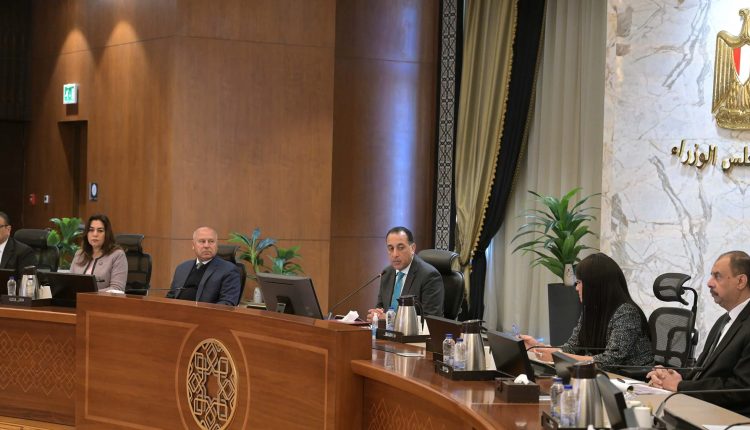PM leads key discussions to accelerate Upper Egypt’s economic transformation
Prime Minister Moustafa Madbouly chaired on Tuesday a high-level meeting to steer the Upper Egypt Local Development Programme (UELDP), a key initiative aimed at accelerating growth and improving the quality of life across the region.
Held in collaboration with local government officials and international partners, including the World Bank, the meeting focused on reinforcing Egypt’s commitment to sustainable development and enhanced infrastructure for Upper Egypt’s economic transformation.
Attended by Minister of Industry and Transport Kamel El-Wazir, Minister of Planning Rania Al-Mashat, and Minister of Local Development Manal Awad, the session highlighted the pivotal role of UELDP in improving local infrastructure, creating job opportunities, and fostering a more business-friendly environment.
Boosting Regional Growth with International Support
Prime Minister Madbouly emphasised the government’s dedication to expanding cooperation with international partners to promote sustainable development, with the World Bank at the forefront of the collaboration. He noted that the programme’s focus on infrastructure improvement and investment attraction is integral to driving economic growth in Upper Egypt, a region often underserved in terms of resources.
UELDP is not only about infrastructure; it is also about creating the right environment to attract investment, enhance business opportunities, and improve the quality of life for millions of citizens, the prime minister noted.
He also underscored the alignment between the development initiatives in Upper Egypt and the broader national goal of enhancing industrial competitiveness, pointing to efforts led by the Ministry of Industry to develop industrial zones that support the region’s growth.
Transformative Results in Upper Egypt
Minister Al-Mashat spotlighted the achievements of UELDP calling it a “success story” that has been recognised internationally. She revealed that the programme has touched the lives of 8.2 million people in Sohag and Qena, creating over 369,000 jobs. Notably, 49 per cent of these beneficiaries are women, reflecting the programme’s inclusivity.
It is a story of transformative impact, the minister stated. UELDP is a model for sustainable development, hailed by the World Bank as one of Egypt’s most successful initiatives, said Minister Al-Mashat.
She added that the programme has vastly improved the local business environment, contributing to stronger governance, better infrastructure, and more attractive investment opportunities. Key outcomes include the successful establishment of industrial zones, digital modernisation of government services, and improved administrative efficiency, making it easier for businesses and citizens alike to navigate local processes.
Shaping the Future of Egypt’s Local Economies
Minister Awad stressed the significance of the programme in achieving balanced development across Egypt’s governorates. UELDP is key to decentralising development, providing Upper Egypt with the tools to lead its own economic growth, she noted, emphasising the government’s efforts to support local authorities in delivering better public services.
For his part, Hisham El Halbawi. general director of UELDP, shared impressive statistics, noting that 396,000 jobs have been created, 6,000 businesses have benefited from improved conditions, and 120,000 jobs have emerged as a result of the expansion of industrial zones. El-Halabawi also highlighted the programme’s focus on economic clusters, which have further supported local businesses and created new opportunities for growth.
A Vision for Continued Growth
As Egypt continues to strengthen the economic framework in Upper Egypt, UELDP remains at the heart of efforts to build a sustainable, decentralised economy. By improving infrastructure, boosting industrial zones, and enhancing government services, the programme is reshaping the future of Upper Egypt and contributing to the nation’s broader development goals.
Attribution: Amwal Al Ghad English


